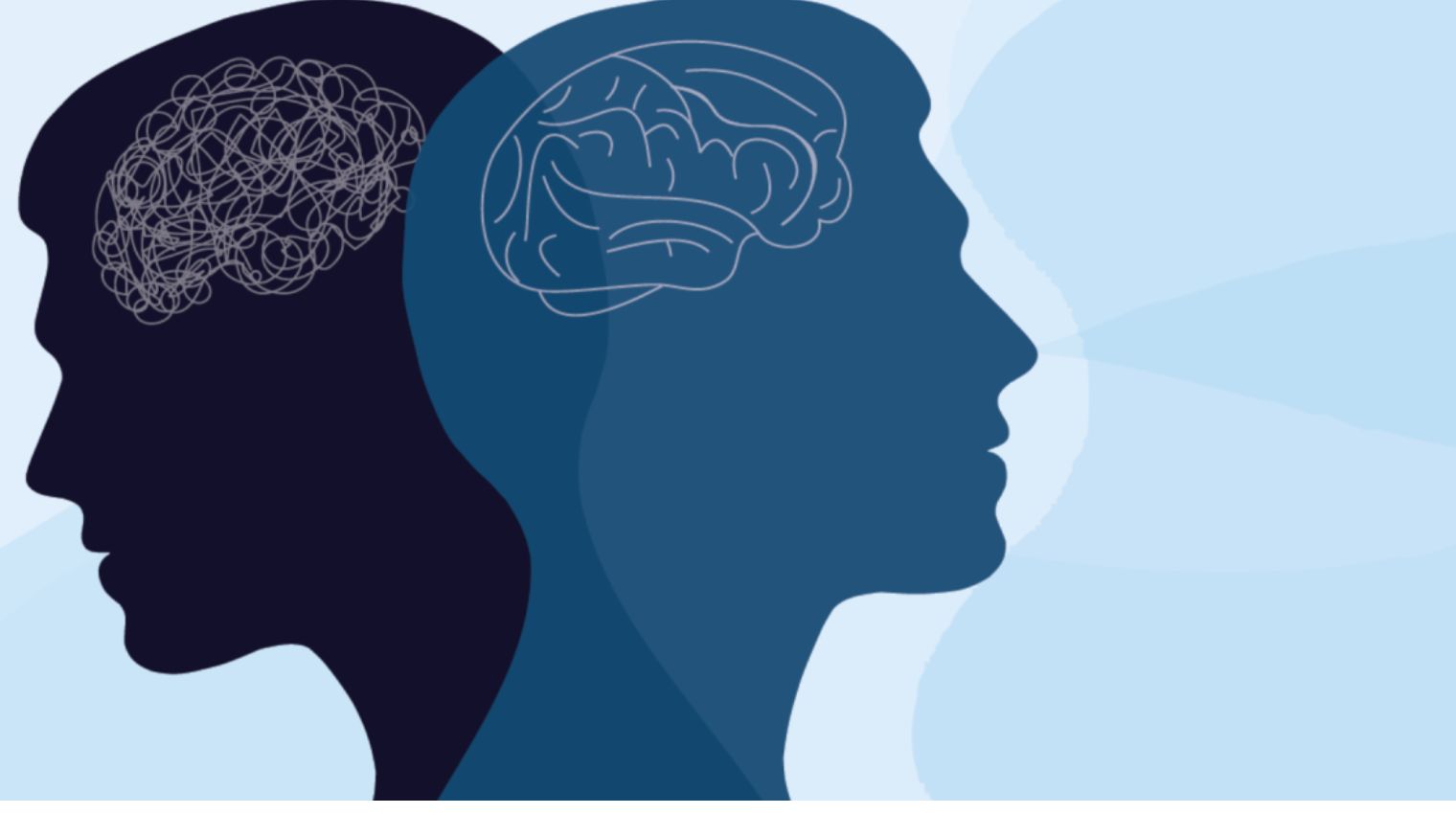Although it is sometimes disregarded, mental health has emerged as a crucial component of wellbeing in the fast-paced world of today. The responsibilities of both our personal and professional lives can often leave us feeling overburdened by the constant pressure to live up to society’s expectations. Setting mental health as a top priority is essential for a person’s overall quality of life, balanced relationships, and personal satisfaction.
The Importants of Mental Health
Emotional, psychological, and social well-being are all aspects of mental health that influence our thoughts, feelings, and behaviors. It also influences how we respond to stress, interact with people, and make decisions. Relationship problems, a decline in physical health, and poor performance at work or school can all be caused by mental illness.
Typical Mental Health Issues:

Anxiety Disorders : These are some of the most prevalent mental health conditions, characterized by excessive worry or fear.
Depression: This is characterized by enduring melancholy, hopelessness, and disinterest in day-to-day activities.
Stress: If daily stressors are not well addressed, they can result in long-term mental health problems including depression or anxiety.

Burnout: Extended stress at work can lead to tiredness on all levels—mental, emotional, and physical.
Ways to Enhance Mental Well-Being:
Frequent Exercise: Exercise releases endorphins, which elevate mood and lower stress levels.
Eating Well: A diet rich in fruits, vegetables, and whole grains that is well-balanced promotes mental health.
Mindfulness & Meditation: Stress reduction and relaxation are two benefits of mindfulness and meditation practices.
Connect with Others: Having a strong social network can provide one a sense of community and emotional support.
Seek Professional Assistance: In order to address more serious mental health issues, counseling or therapy can be very helpful.


Leave a Reply